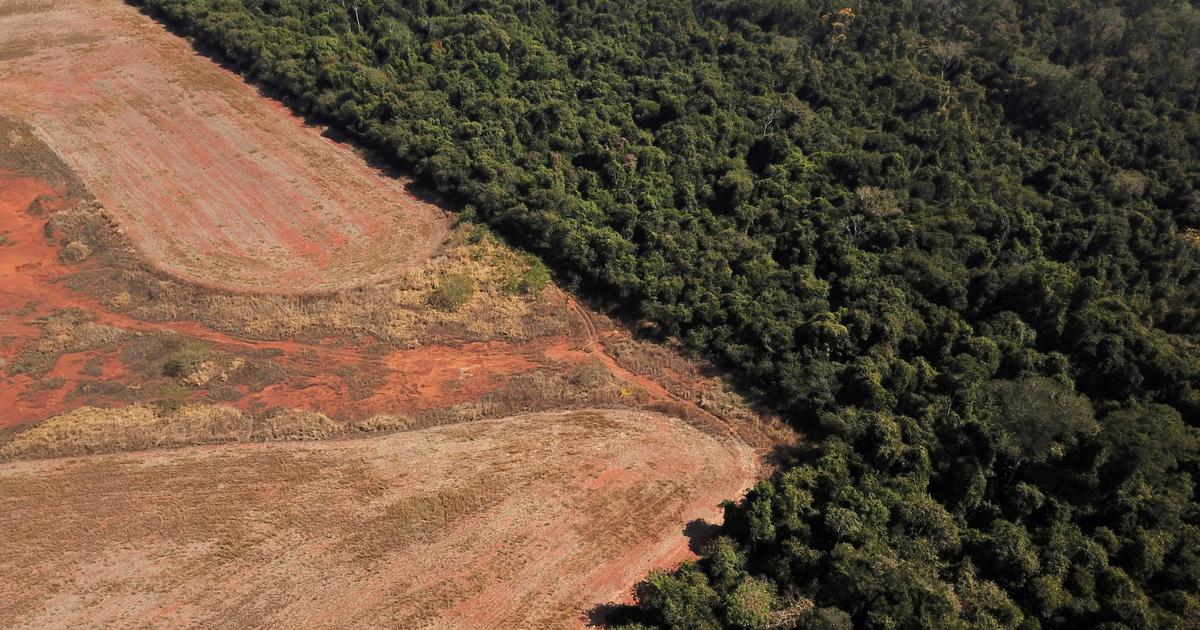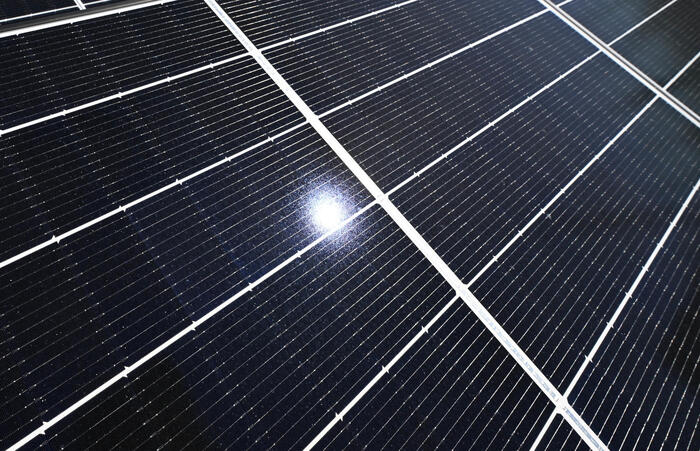Enjoy chocolate or coffee in Europe with the assurance of not contributing to the disappearance of forests on the other side of the world: an EU text, which must be finalized on Monday evening, aims to ban imports of the main products from deforestation.
Several crucial points are at the heart of the negotiations between the European Parliament and the Member States.
The products concerned
At the origin of 16% of global deforestation through its imports, the EU is the second destroyer of tropical forests behind China, according to the NGO WWF.
To limit this impact, the European Commission has proposed to ban the import into the EU of six products (soya, beef, palm oil, wood, cocoa and coffee, and associated products such as leather or furniture) if their production comes from land deforested after December 2020.
Read alsoAt COP27, Lula pledges to fight against deforestation in the Amazon
The States took over this list, but the MEPs demanded the addition of rubber - the cultivation of which threatens the forests of West Africa -, maize, pork and mutton, poultry, charcoal wood and paper, with a ban on deforested land after December 2019, a year earlier.
France said on Wednesday it supports the inclusion of rubber - but not corn.
Extension to savannas
MEPs called for the scope of the text to be extended to other threatened forest ecosystems - in particular the Cerrado savannah (Brazil/Paraguay/Bolivia), from which a quarter of European soybean imports came in 2018.
While the States were opposed to the integration of
"other wooded land"
, Paris finally declared itself in favor of it, pointing
to "the edge effects in the sparsely wooded landscapes"
and noting
"the signs of openness"
of other countries (Belgium, Denmark, Spain, Germany).
"It's a very strong signal,"
rejoiced Pascal Canfin (Renew, liberals), chairman of the environment committee in the European Parliament.
"It will be easier to apply a text integrating all wooded land, rather than distinguishing the tree from a forest and the tree or shrub from another land, with the risk of disputes"
, observes Pierre Canet from WWF.
Otherwise,
"production could simply be moved to other ecosystems, the text would only protect one ecosystem to the detriment of others"
, warns WWF, according to which the Cerrado could lose an equivalent surface area by 2027. to the Czech Republic.
Defining “deforestation”
The definition of
“forest degradation”
under consideration is a key point in the negotiations, monitored by European countries which themselves have a significant forest sector.
The States have adopted
"a weak definition taking into account only 'primary forests', and only in the event of proven irreversible damage
", while MEPs are calling for
"a robust definition protecting all natural forests against all destructive practices, including damage to biodiversity”
, summarizes Greenpeace.
Verification and human rights
Importing companies will be responsible for their supply chain, having to certify traceability using crop geolocation data and satellite photos.
Violators will face fines commensurate with environmental damage.
The level of requirement claimed would vary according to the risk of deforestation in the producing region.
The negotiator for Parliament, Christophe Hansen (EPP, right), calls for
“financial and technical support”
for SMEs and small operators, but according to a source close to the negotiations, this point was still under debate on Thursday.
Read alsoDeforestation in the Amazon: accused of not respecting its commitments, Carrefour recognizes a “dysfunction”
MEPs also want to condition imports on respect for the
“customary land rights”
of local communities, the first victims of deforestation – a definition to which Sweden, in particular, was hostile.
"There is a vast debate on the condition of prior and informed consent (...) and we are pushing for the text to be accompanied by real partnerships with the most affected producing countries"
, Nicole told AFP. Polsterer, from the NGO Fern.
Financial sector
MEPs want to impose “additional requirements” on
financial institutions
so that their loans and investments do not contribute to deforestation, even if Christophe Hansen himself recognized the difficulties in carrying out checks.
According to the NGO Global Witness, banks based in the EU granted between 2016 and 2020 nearly 35 billion euros in financing to the main groups responsible for deforestation, mainly in the food industry.
“Concerning the financial sector, Parliament's position is not at all supported by a certain number of States”
, deplores Pascal Canfin.







